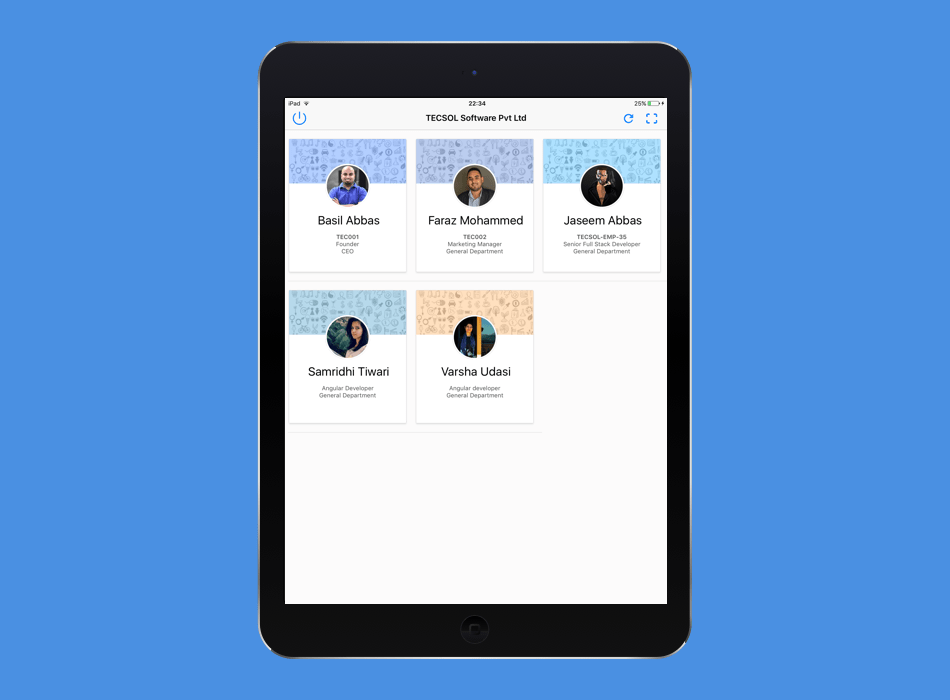
29 Jun The Payroll Revolution: Unleashing the Power of Efficient and Equitable Compensation
In the modern business landscape, payroll management has emerged as a critical function for organizations of all sizes. The process of paying employees may seem mundane at first glance, but beneath its surface lies a fascinating world of innovation, efficiency, and equity. As technology advances and societal expectations evolve, the realm of payroll has undergone a revolution, transforming from a laborious administrative task into a strategic tool for talent attraction, retention, and overall organizational success.
1. The Rise of Automation:
Gone are the days of manually calculating hours, deductions, and taxes. With the advent of advanced software and artificial intelligence, automation has become the cornerstone of payroll management. Organizations now leverage robust payroll systems that streamline the entire process, reducing errors, saving time, and improving compliance. Automated payroll software offers seamless integration with time-tracking systems, employee self-service portals, and banking platforms, simplifying data entry, reporting, and fund transfers.
2. Compliance Made Easy:
Payroll compliance is a complex web of legal requirements, tax regulations, and labor laws. Staying up to date with ever-changing legislation can be a daunting task for businesses. However, modern payroll systems incorporate compliance features that ensure accuracy and adherence to all relevant regulations. These systems automatically calculate tax withholdings, generate tax forms, and generate reports to facilitate audits, eliminating the risk of non-compliance and potential penalties.
3. Customization and Flexibility:
Payroll is no longer a one-size-fits-all process. Organizations are recognizing the value of personalization and flexibility in compensation management. Modern payroll systems enable businesses to accommodate diverse employee needs by offering customizable pay structures, multiple payment options, and variable compensation models. From direct deposits to paycards and digital wallets, employees can choose the payment method that suits them best, enhancing overall job satisfaction and work-life balance.
4. Transparency and Employee Engagement:
Gone are the days when employees were left in the dark about their compensation. The new era of payroll management emphasizes transparency, empowering employees with real-time access to their pay information. Modern systems provide employee self-service portals where individuals can view their pay stubs, tax deductions, and benefits details. This increased transparency fosters trust, improves employee engagement, and reduces administrative overhead for HR departments.
5. Equity and Inclusion:
The quest for workplace equality has also extended to payroll practices. Companies are becoming more mindful of pay equity, striving to eliminate gender and minority pay gaps. Advanced payroll analytics and reporting capabilities allow organizations to identify and rectify any discrepancies in compensation. By ensuring fair and equal pay, organizations create a more inclusive and diverse workforce, positively impacting overall morale, productivity, and reputation.
6. Integration and Analytics:
Payroll data holds a wealth of insights beyond mere compensation. Integrating payroll systems with other HR software allows for powerful analytics and reporting capabilities. By analyzing data related to overtime, employee turnover, and labor costs, organizations can make data-driven decisions to optimize their workforce management strategies. Payroll analytics also enable organizations to forecast future labor costs, budget effectively, and align compensation strategies with business goals.
Conclusion:
The world of payroll has experienced a remarkable transformation in recent years. Through the integration of automation, compliance features, customization, transparency, equity, and analytics, organizations have elevated payroll management from a mundane task to a strategic tool for attracting, retaining, and engaging top talent. As businesses continue to embrace technological advancements and embrace the principles of fairness and inclusion, the payroll revolution is set to reshape the future of compensation management, unlocking new possibilities for organizations and employees alike.




